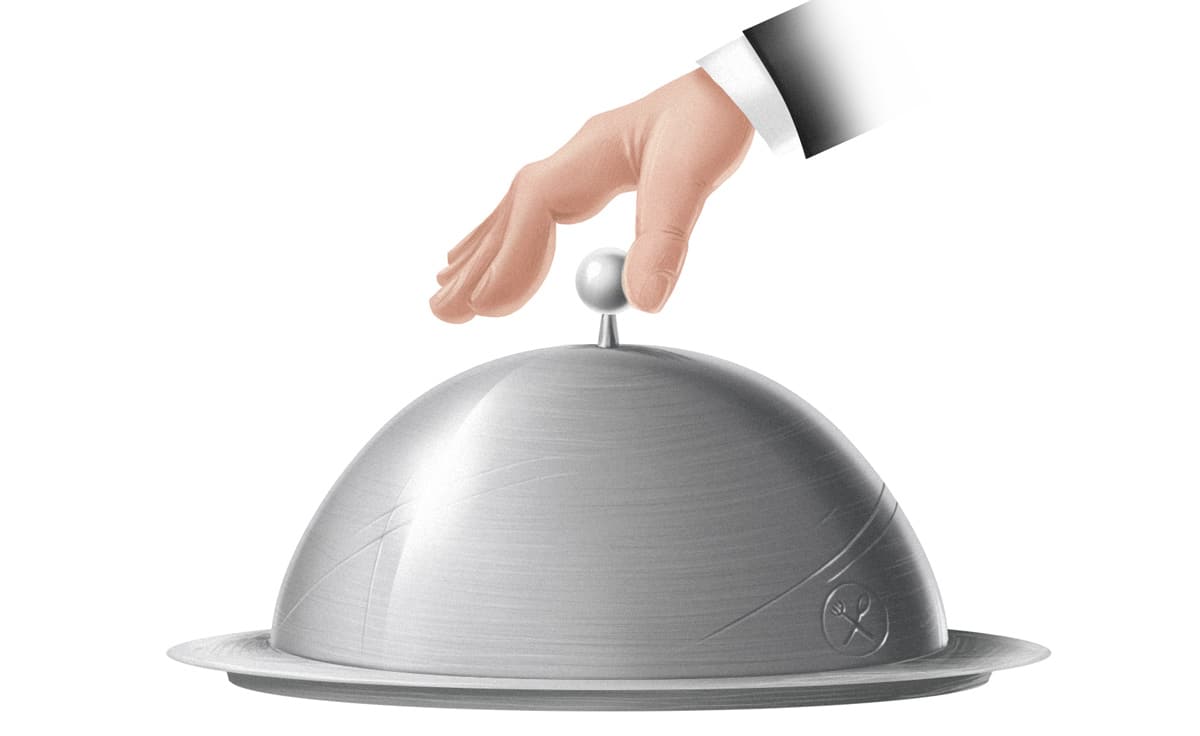We’ve already published two lists of tips for saving money on Paleo food (here and here in case you missed them), but for some people the real challenge is not money but time. Maybe you have a job that pays you enough for all the grass-fed meat you want, but you don’t get home until 7 or 8 pm every evening and struggle to get dinner on the table at a reasonable hour before you collapse. Or maybe your evenings are a blur of piano lessons, soccer practice, and chess club, with precious little time left over for fiddling with new recipes.
It’s a familiar situation – in fact, the perpetual time crunch of the modern lifestyle is one reason why so many people turn to fast food in the first place. But busy people don’t have to give up on their healthy eating goals! Keep reading to see how even the most overloaded schedules can still squeeze in home-cooked meals.
Kitchen Efficiency
Inefficient kitchen habits eat up your time and make everything take so much longer than it should. Here are some tips to cut down on time-wasters in your shopping and cooking routines.
Let go of perfection.
“You don't have to cook fancy or complicated masterpieces - just good food from fresh ingredients.” – Julia Child
Your meals do not have to be 3-course fine dining experiences. It’s OK to eat something that looks less than photogenic; it’s OK to eat leftovers; it’s OK to eat your sardines out of the can. It’s OK to rely on frozen vegetables (they’re just as nutritious as fresh). If you’re making a salad, it’s perfectly fine to just toss spinach in a bowl with olive oil and balsamic, and then chop up some peppers and carrots on top. You don’t have to spend half an hour hunting down a new recipe and making dressing by hand.
Search out simple recipes (like coleslaw or lemon and thyme chicken). Or forget about recipes completely and learn very basic techniques, like tossing some vegetables on a pan, drizzling them with coconut oil, and roasting them until they’re nicely browned. It’s OK to make food that’s “just” nutritious and tasty; it doesn’t have to be something you’d serve the Queen.
Plan Ahead

Poor planning is the enemy of efficiency. Keep a grocery list on the fridge and write down what you need as you think of it – it’ll save you time running back and forth to the store for the little things you forgot. Meal planning (here's a guide to getting started) will also save you time in the long run, since you won’t be running back and forth in the store trying to decide what you want.
Stock up and minimize shopping.
You’ll save a lot of cooking time if you always have a few basic ingredients in your kitchen:
- Keep your spice collection well-stocked so you can try out new recipes without an extra trip to the store.
- Your cupboards should always have plenty of canned foods like tomato paste, olives, and coconut milk.
- Keep a can or two of fish in the cupboard at all times, for emergency protein in a pinch.
- Always have a bag of onions and a head of garlic on your countertop.
Basically, if it’s non-perishable, just buy it in advance; you’ll thank yourself later when you want to use it and don't have to dedicate 45 minutes to a grocery trip for one ingredient.
Also, even for perishable items you shouldn't have to go to the grocery store more than once a week! Here's a guide to maximizing your grocery efficiency with strategic use of shopping lists.
Prep ahead.

Some people like to chop all their vegetables for the week at once, so they only have one set of dishes to do afterwards. It doesn’t work for everyone – some people find that the vegetables go bad too quickly and they end up throwing them out. But you can chop at least one day ahead without fear of spoilage, and it’ll save you a lot of time the next day.
Another way to prep ahead is to deliberately make more food than you’ll eat at one meal, and freeze the rest (or just save it for the next day). This way, you can cook once and eat twice. It’s all about maximizing the amount of food you get for a given amount of prep.
Appliances to the rescue.
Don’t feel bad about relying on a slow-cooker (which cooks your dinner while you’re away at work) or a pressure cooker (which goes the opposite direction and gets everything cooked faster without sacrificing tenderness). No, cavemen didn’t have slow-cookers. They didn’t have time-sucking office emergencies, either.
Stick with it.
As frustrating as it might be for the first few weeks, cooking gets easier the longer you do it. Sometimes you just have to give yourself a few weeks to get used to this entirely new skill set that you’re trying to learn. After all, you wouldn’t expect to be a champion basketball player or skateboarder after just a few days of practice! The same goes for cooking, so give yourself some time to get into a good routine.
Master One Recipe
Pick one recipe, and make it every week until you can make it in your sleep. You should be able to cook this recipe in a blizzard of hungry piranhas while playing first violin in the London Symphony Orchestra with your other hand. By practicing so much, you’ll get really good at it, and you’ll always have a super-fast meal ready to throw on the table when minutes are precious.
Enlist Help
Who says one person has to do all the cooking? If you’re cooking for anyone besides yourself, get them to give you a hand! Even younger kids can wash produce, scrub dishes or load the dishwasher, wipe the table, or run across the store to get that one last thing you forgot. And if your teenagers are eating everything but the fridge door, surely they can help cook some of it, too!
Stop “Finding Time.”
The tips above can help you cut down your kitchen time. But you still do have to commit to something – what if finding even half an hour every day is just too much?
Here’s the secret, though: as long as you’re thinking about “finding time,” you’ll never find it. There is no secret 25th hour in the day waiting under a rock somewhere for you to discover. You have to make time.
Making time means prioritizing healthy food over things that are less important to you. Some familiar – and unfamiliar – time sucks that you might consider cutting down on:
- TV. The average American spends 4 hours every day watching TV. It’s one thing to watch a show because you love it and care about the characters, but if you’re just turning on the TV in the evening because you can’t think of what else to do, then it’s not the best use of your time.
- Mindless browsing. It’s amazing how much time you can waste in a kind of Facebook-induced trance. It’s one thing to use social media because you really enjoy it, but ruthlessly get rid of the dazed tab-switching that just sucks up your life. Even little corners of time can add up: instead of checking Twitter while you're waiting for the bus, why not make your shopping list or look up recipes?
- Driving to the store. Most people in urban areas can now get groceries delivered, often for a very small fee (and sometimes that evens out considering the price of gas and impulse purchases at the register). Try a grocery delivery service and save an hour or two every week to cook and prep your food for the next few days.
Nobody’s asking you to cut out the things that really matter, like spending time with your family. But you can cut out things that don’t improve your life (whatever they may be) for the sake of things that do (like eating real food).
Summing it Up
Unless you have a personal chef, eating Paleo is going to take some investment of time to make it work. But it doesn't have to suck up your whole life. By maximizing efficiency in the kitchen and cutting back on time-wasters that aren't actually even enjoyable, most people can make (not find!) plenty of time to cook healthy, Paleo food.





Leave a Reply